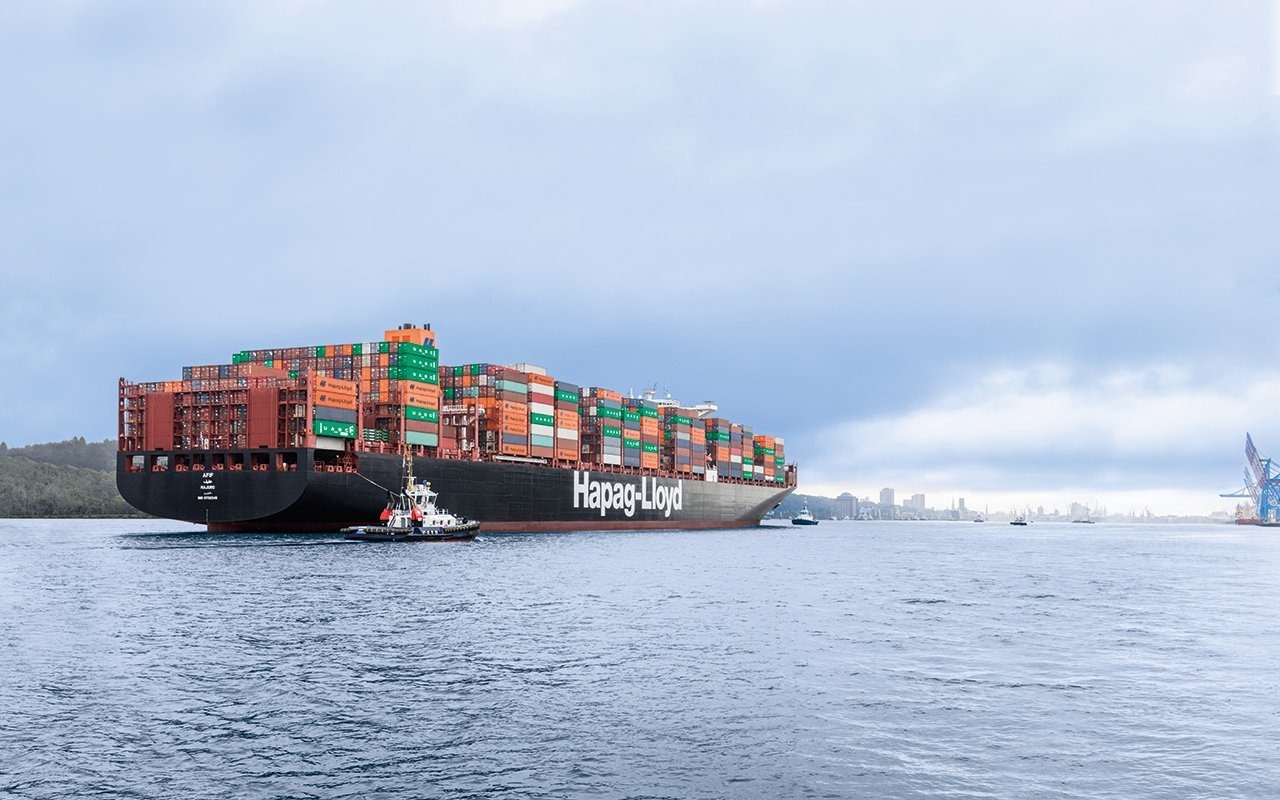
The new French law on mobility has changed the legal framework for freight exchanges and digital marketplaces. Update on the main changes with Claire Couvreur, Head of Legal and Compliance at Upply.
1/ The Mobility Orientation Law (LOM) provides for a framework for the activity of digital platforms that connect shippers and carriers. What is the legislator's objective?
Innovation sometimes moves quicker than the law, but it is important to aligne both. Digital initiatives are proliferating in the transportation and mobility sector. It is a fantastic source of opportunities that the legislator wishes to encourage. But it also wants to accompany the transformation by regulating that which needs to be. In particular, the government wanted to clarify the status of digital platforms involved in road freight transportation. This is now acted by way of a statute that was published on April 21, 2021.
2/ What are the essential new features?
The text creates a new category in the legal definition of road transportation providers: the operator of a digital intermediation platform for public road freight transportation. It concerns professionals who connect people, "through a service provided remotely by electronic means", with a view to carrying out a road freight transportation operation originating in or destined for France. In addition, two subcategories of operators have been created:
- Digital Freight Exchange Operators
They put road carriers and customers in touch with each other, without intervening in defining the transportation service, the essential conditions for its execution or its pricing. The service is therefore severable from the transportation operation itself.
- Operators of digital business connection services in road freight transportation
They also connect road carriers and customers, but their role goes beyond that. In this situation, operators exert a "decisive influence" by defining the essential conditions of transportation services, of their execution, or of their price, or by choosing the carrier finally selected. Their service is then indivisible from the transportation service.
3/ The statute also provides for new obligations that apply to both categories. What are they?
First, there is a series of obligations common to the two sub-categories of operators, particularly with regard to the vetting of carriers. In addition, the text establishes specific responsibilities for the 2nd category, i.e. operators of digital services. In particular, it is forbidden to prevent carriers from using multiple platforms or to carry out transportation services independently. The text also defines a framework for data collection.
4/ What is the impact of this new legislation on Upply's Marketplace?
Upply brings transparency and fluidity to the market, positioning itself as a neutral partner for all players in freight transportation. In our Marketplace, it is the carriers and shippers who decide with whom they want to contract and at what price. We therefore enter into the category of digital freight exchange operators. Since its launch, Upply has placed the reliability of the carriers on the platform at the heart of its concerns, by adopting the requirements of BtoC platform operators, particularly those related to the quality of sellers and buyers. We therefore carry out rigorous vetting, fully in line with the new framework. These verifications are also accessible to shippers since we advocate, as in BtoC, fair and transparent information. We are very pleased that there will be legislation that provides a framework to the sector's practices to secure trade and promote free competition. We will continue to stay ahead of best practices to deliver tomorrow's requirement levels and enable our users to derive maximum value.
Interview by Anne Kerriou
Claire Couvreur
Our latest articles
-
Subscriber 3 min 24/02/2026Lire l'article -
Hapag-Lloyd - Zim: a shipping deal with geostrategic implications
Lire l'article -
European road freight: the spot market is stalling
Lire l'article


